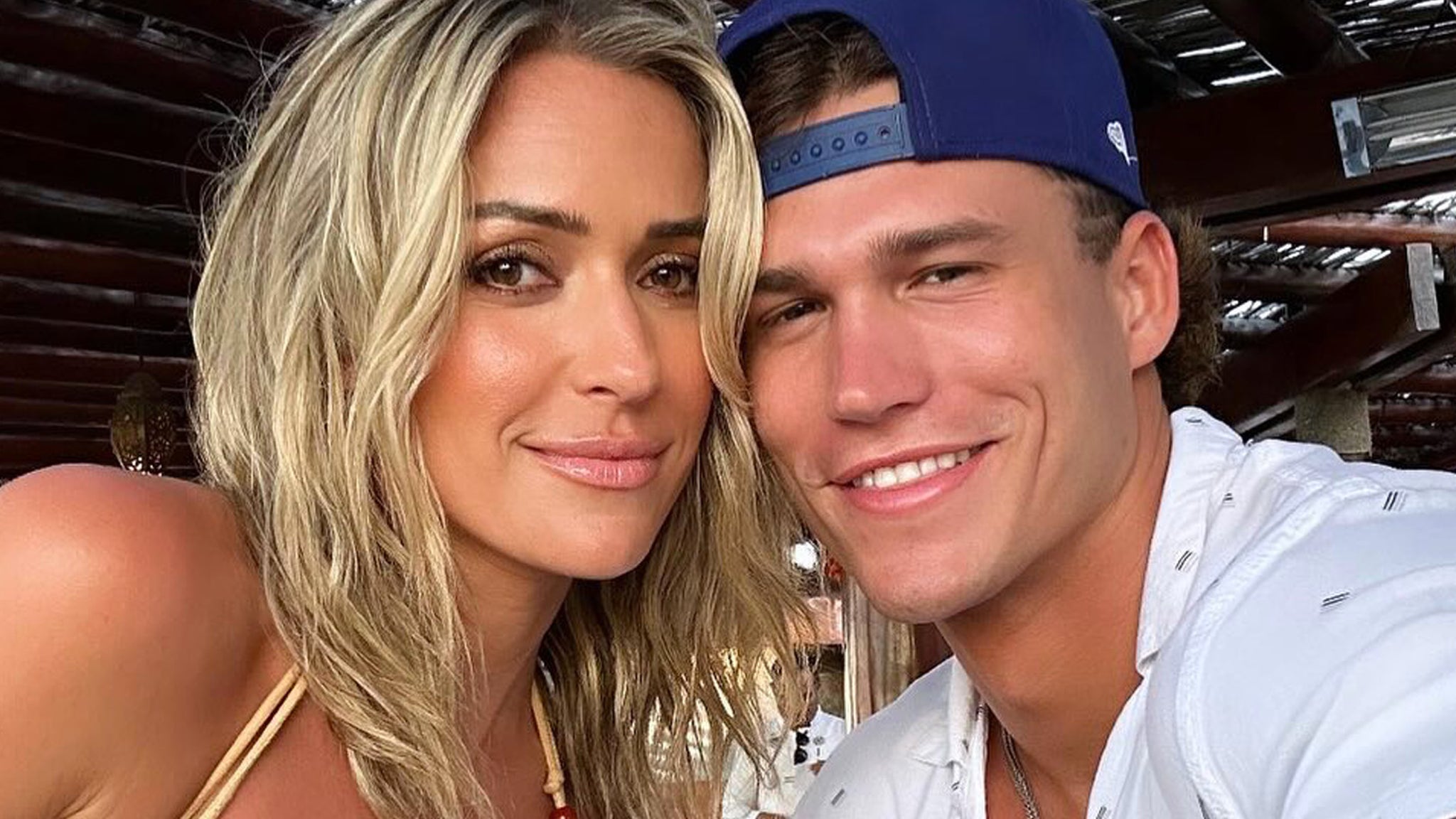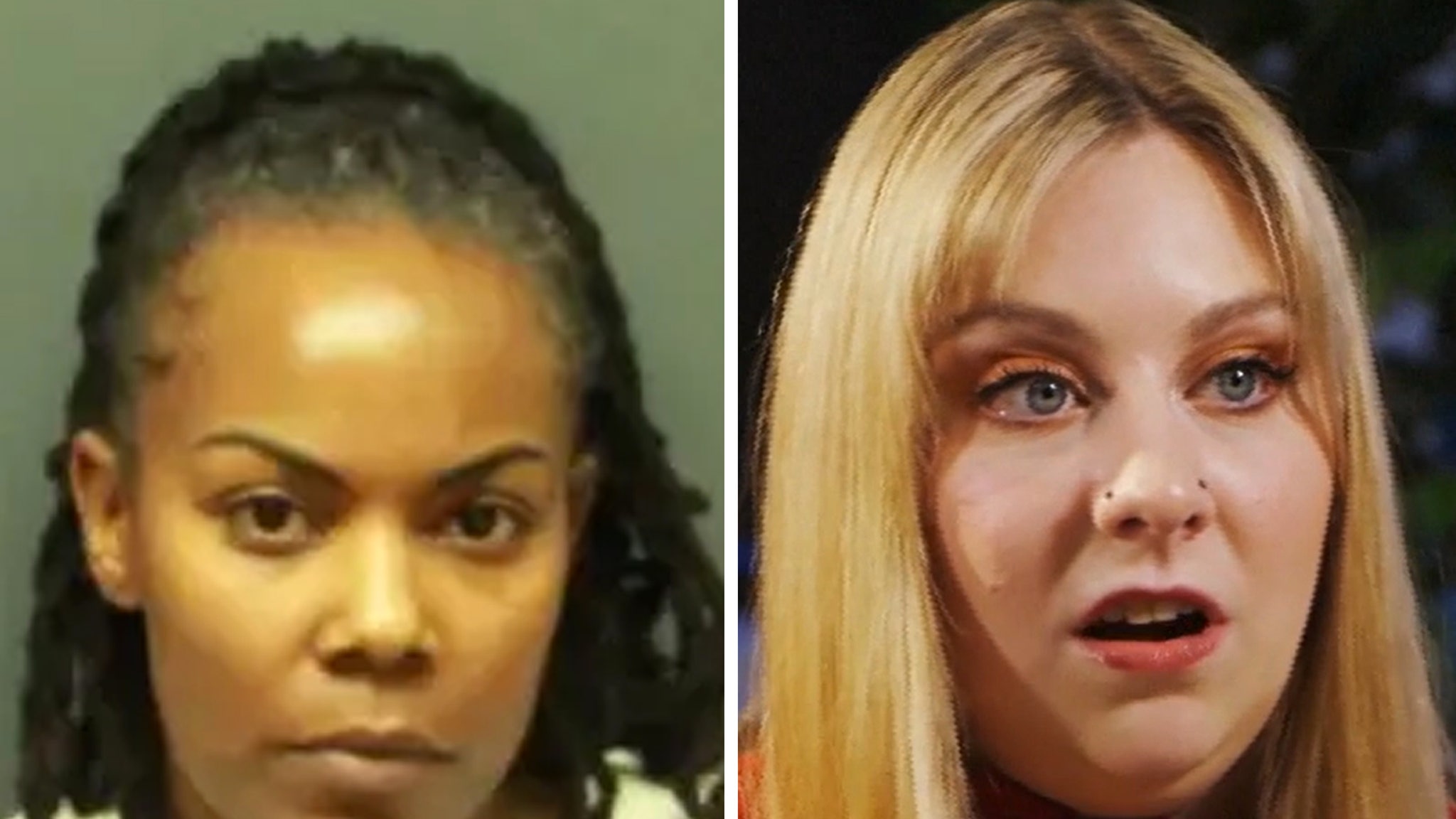
‘Elon Musk’s Crash Course’ Director Talks Autopilot Safety Questions and Silicon Valley Promises
At a moment when there are no shortage of headlines about Elon Musk and his paused bid to take over Twitter, a new New York Times Presents documentary is attempting to refocus attention on the ongoing saga of Musk’s self-driving tech ambitions for Tesla, and safety questions that the company’s moves to realize that dream have raised.
Elon Musk’s Crash Course, the latest installment in the FX series The New York Times Presents, examines the many claims that the world’s richest man has made about Tesla’s self-driving technology since at least 2014, the reality of how the auto company’s technology has evolved over the years (the cars feature advanced driver-assistance systems but are not currently able to drive on their own) and accidents involving Teslas and the company’s “Autopilot” feature.
Related Stories
Directed by veteran journalist Emma Schwartz, who has previously worked for Frontline, the film features interviews with former staffers, a current Tesla beta tester, former Tesla leaders and others to paint a picture of the company’s approach to, and Musk’s intense focus on, realizing self-driving vehicles.
Over the course of the film, some former employees voice serious concerns about the way that Autopilot was initially developed at Tesla and the company’s marketing and communications about its Autopilot and “Full Self-Driving” (FSD) features. Other former leaders at top government agencies say manufacturers like Tesla need to tackle driver “complacency” when advanced driver-assistance systems are in play. Still, Schwartz notes she also encountered sources “who still very much believe Tesla could lead the pack” on self-driving technology.
The film also probes how Tesla attracts and works with an engaged and devoted fan base — “the company capitalizes on that interest, and that’s part of what’s interesting about it, really,” she says. (Elon Musk’s Crash Course notes that Musk did not respond to multiple interview requests; The Hollywood Reporter has reached out to Tesla for comment.)
The Hollywood Reporter spoke with Schwartz in advance of the premiere of Elon Musk’s Crash Course about how the filmmakers gathered sources, surprising moments in the reporting process and the “rollercoaster” of Elon’s attempt to take over Twitter.
How did this documentary get off the ground and how did you get involved?
I was working on doing initial development for The New York Times Presents, trying to flesh out ideas that we had. One of the questions was, can we look at Elon Musk? I initially thought, well, OK, there’s been a biography, he’s in the news every day, what are we going to do, what can we say? As I began reading and talking to people, [I] really started to get interested in this effort to create a self-driving car. There were all sorts of questions about the safety of the technology, whether the government had done enough and what were the basic facts: How safe is the technology? And none of these seemed to be easy questions to answer, and as I started talking to more people, it became pretty clear that this was a project that Elon Musk was very involved in and that a lot of key decisions came down to him. So it started to gel as a story that looked at the person but also the business and safety questions that have been bubbling up for years.
How tricky did you find the process of gaining the participation of former Tesla employees and current Tesla owners?
I would say with any documentary, particularly ones that look at businesses or complex stories or powerful people, sourcing or finding people who are willing to speak on camera is always a challenge. It’s been a challenge in almost every project I can think of. This one definitely was a harder one I would say because you’re dealing with a business, you’re dealing with people with confidentiality agreements and you’re dealing with people who are afraid of the potential backlash to speak about a very powerful inpidual. But we did what really any good journalist does and that is talk to as many people as possible. To be fair, not everybody had exactly the exact same perspective, which is part of what was interesting. There are some people who still very much believe Tesla could lead the pack. There are others who left because they lost faith in the way the mission was being carried out. I think ultimately there’s been a number of years and a number of questions that there were people who felt that now was the time they wanted to talk.
The documentary begins with the death of Joshua Brown, and that’s a story the film returns to repeatedly over the course of the narrative. What was behind the decision to keep looking at that tragedy?
The Josh Brown accident was the first known fatal crash in the United States and it was the most publicly investigated case, so it gave us the biggest window to understand what had happened, who was at fault and what may or may not be missing from the response by Tesla. It also gave us a character and a person to understand, because Tesla’s a company that’s been built on a very big fan base and there are a lot of people that believe in the mission. There’s been a major impact in terms of what Tesla has done to mainstream the idea of electric vehicles. Part of the way that the story of Tesla and Autopilot has played out is there’s so many fans that are interested in being on the edge of technology and are eager to try things out because it’s exciting. The company capitalizes on that interest, and that’s part of what’s interesting about it, really.
Were there any moments that particularly surprised you in your reporting?
There were a couple things. One thing that sometimes people forget here is Josh Brown’s family hasn’t spoken publicly since the accident, but they did put out a statement, which we have in the film. I thought it was just interesting that after all that they went through, they are still hopeful that technology could move forward. That’s not the response everybody has, and that was a surprising thing when I looked into it initially.
Another surprising moment for me was when I first came across the press conference that Elon Musk had a couple months after the Josh Brown crash where he said we’ve made changes to the driver monitoring system, made the warnings more frequent and we have this amazing, super-duper radar. Someone in the press conference asks, ‘OK, so if you had had this radar, would that have saved Josh Brown’s life?’ And Elon Musk responds, ‘I think so. I mean, it can’t be 100 percent, but probably’ — that’s pretty close to what he said. It was surprising and really striking to me because I was reading this a few months after the company had decided to ditch radar. So it was a clear about-face in what they were doing from a technology perspective and I wondered, okay, so did the technology change or was this all or is this all messaging?
It started to raise questions for me about what has been the strategy? I don’t have the answer. There are people who support the company’s current decision and say [Tesla was] getting too many false positives and pulling out the radar’s going to make [driving] safer. You see that from some of the YouTubers. And you talk to other people in the self-driving industry and they say, well, you always need different kinds of technology because they all have pros and cons to that and having a balance is helpful to make everything safe. But making the different technology all work together is certainly not easy either. So that’s the two sides of where things are.
There’s obviously been a focus in the media on startups or tech companies that overpromise or make misleading claims in recent years. Do you think that, in the recent past, Tesla has felt that extra scrutiny or has it escaped it to some extent?
It’s an interesting question and it depends on who in the Tesla universe you ask, right? Because there is some truth to the fact that Tesla accidents get more attention than other cars. Not every crash that happens involving a Tesla, by any stretch, necessarily involves Autopilot or other technology. So there are some people that feel like Tesla gets undue attention. On the other hand, when you look at the regulatory action and what government has done, yes, you have these investigations, but government hasn’t taken strong action. One of the challenges is that the government says, “We don’t have enough data.” They’re starting to collect data on crashes that happen with advanced driver-assistance systems like Autopilot and FSD [Full Self-Driving] and supposed to release the data anytime, [but] it’s been months of waiting.
So from that perspective, you could say, well, there’s been all these accidents, but there hasn’t been new government rules. NHTSA [the National Highway Traffic Safety Administration] hasn’t followed up on the recommendations from the NTSB [National Transportation Safety Board] that asked them to put more regulations on advanced driver-assistance systems, so in some ways both are true. Essentially you could say that Tesla definitely gets more attention, but when it comes to whether the government has really been able to push back on concerns that investigators have raised, you haven’t seen that.
Given everything you know about Elon Musk and your work on this documentary, what do you think of Musk’s recent bid to take over Twitter?
Well, you know, it’s funny. There’s a part of the film where we have a clip from Elon on the Joe Rogan show where he references how we should all get off of social media, except he’s kept his Twitter because he needs some way to get information out. At the time I sort of thought that was an interesting moment given how much he’s said on Twitter over the years. Looking at that now, I don’t have exactly the right word, but I kind of laugh: It feels like we knew something that we didn’t actually know when we put that in the film. But it’s certainly gotten a lot of attention and been a definite rollercoaster, like much of Elon’s other business adventures.
What do you hope viewers take away from your film?
There’s a couple things I would hope people take away. One, I hope people would get greater insight into the promises and ways that Elon Musk, one of the most powerful and wealthiest business leaders of our age, operates. That in some ways, the story of the effort to create a self-driving car is a microcosm. And second, I hope it would help people think more deeply about Silicon Valley and technology and the promises that we are all sold.
This interview has been edited for length and clarity.







































































